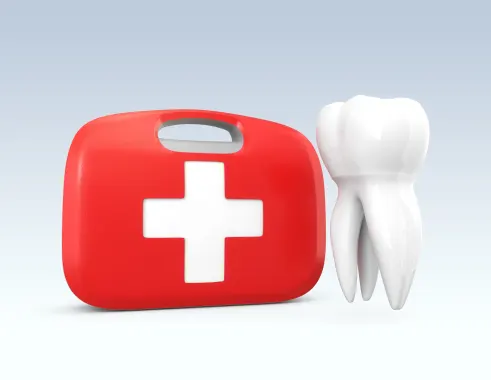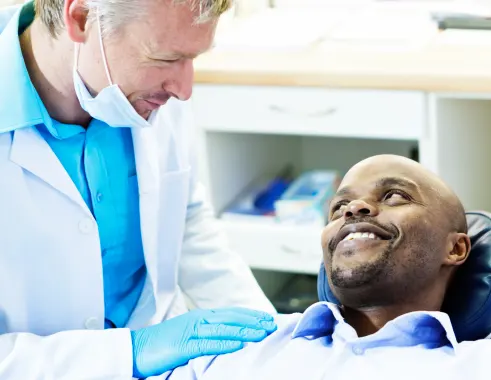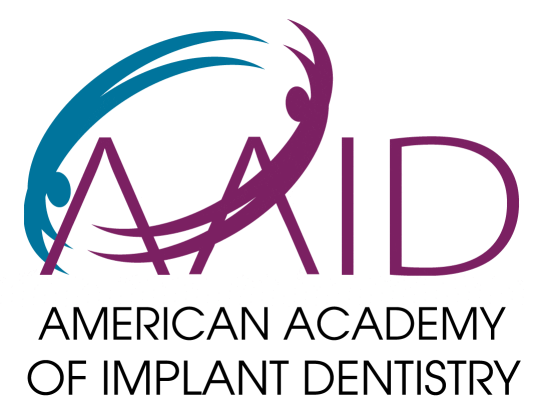
There are certain generally accepted criteria for dental emergencies, and one or more of these should be present before you consider any given situation to be an emergency. To help you determine whether or not you're actually experiencing a dental emergency, use the following criteria for a guideline:
There are a number of situations which may seem bigger than they actually are, which don't call for immediate attention, and can actually wait a day or two before you see your dentist. A good example of this is a chipped or cracked tooth which doesn't cause you any severe pain. A toothache is another good example of a dental situation that's not really an emergency, provided that it does not cause a patient any severe pain. Likewise, if you have lost a crown or a filling, these are situations that can wait until you can schedule an appointment with your dentist. You can actually replace a lost tooth filling with sugar-free gum, and you can also replace a lost crown by using denture adhesive.
One of the most common dental emergencies is having a tooth knocked out, for instance as a result of extreme contact from a sports injury. If you react quickly after the tooth has been knocked out, it might be possible to reinsert the tooth and save it. When you have a cracked or chipped tooth which is extremely painful, or when the fracture is obviously serious, this also constitutes a dental emergency. You can take acetaminophen for the pain, and apply a cold compress to the affected area until you can see your dentist.
An abscessed tooth is another very common emergency which should be handled immediately, because of its life-threatening nature. An abscessed tooth can cause tooth sensitivity, a powerful toothache, facial swelling, and a fever. If the infection spreads through your jaw and the surrounding tissue, it could cause a life-threatening situation, and you should explain this to your dentist when you're calling.

The best thing you can do to prevent dental emergencies is to be conscientious about your oral hygiene, and keep all appointments with your dentist. Of course, not all dental emergencies can be anticipated, and these will have to be dealt with as they emerge. However, by maintaining a good program of oral hygiene and following all recommendations of your dental professional, you can probably eliminate the possibility of a number of dental emergencies from occurring.

Q: How do I know if my tooth infection is spreading?
A: Some of the telltale signs of a spreading infection are a throbbing pain that you feel in your ear, neck, or jawbone. You might also feel pain that gets worse when you lay down, sensitivity to oral pressure, or to hot or cold beverages or foods.
Q: How do dental emergencies work?
A: As soon as your dentist has a chance to examine your tooth, he/she will decide exactly what course of action should be initiated. They might decide to treat you on the spot, or provide you with a temporary filling and schedule you for a later appointment.
Q: What causes teeth to decay rapidly?
A: Tooth decay begins when the enamel or outer layer of your tooth gets worn away by acids that get created when you eat or drink foods and beverages. Some sodas and sugary foods can cause so much damage to your teeth that they're actually worse than battery acid.
Q: How can we prevent dental emergencies?
A: Some of the best ways to prevent dental emergencies are to use good daily dental hygiene, use a mouth guard when participating in sports, avoid excessive sodas or sugary foods, and make sure you keep all your regularly scheduled dental appointments.
 New Patients: (559) 295-8977Current patients: (559) 435-5660
New Patients: (559) 295-8977Current patients: (559) 435-5660Monday: 8:30am - 5:00 pm
Tuesday: 8:30am - 5:00 pm
Wednesday: 8:30am - 5:00 pm
Thursday: 8:30am - 5:00 pm
Friday: Closed
Saturday: Closed
Sunday: Closed






Copyright © 2022 Dentist of Fresno | Sitemap | Privacy Policy